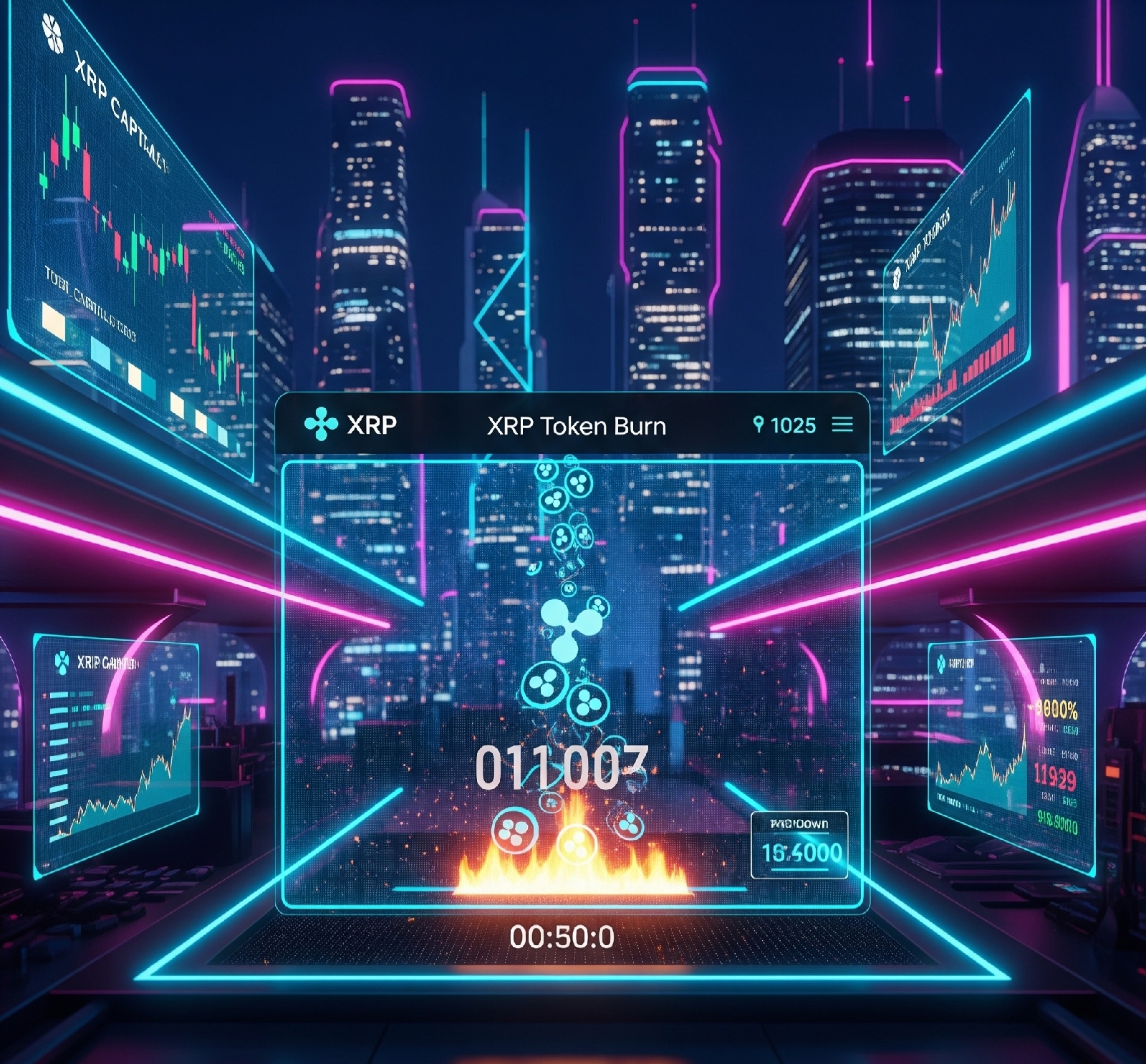A good laptop for crypto trading needs to balance performance, security, and reliability.
Here's a breakdown of the key features to consider:
Essential Features:
* Processor: A fast, multi-core processor (Intel Core i5/i7/i9 or AMD Ryzen 5/7/9) is crucial for handling multiple trading platforms, real-time data analysis, and quick order execution. Aim for at least a quad-core processor, with higher clock speeds for better performance.
* RAM: At least 16GB of RAM is recommended for smooth multitasking. If you plan to run many applications simultaneously or perform intensive analysis, 32GB or more would be beneficial.
* Storage: A fast Solid State Drive (SSD) with at least 512GB is essential for quick boot times, rapid loading of applications, and fast data access. Consider expandable storage options for future needs.
* Display: A screen of at least 15 inches with Full HD (1920x1080) resolution is recommended for comfortable viewing of charts and trading interfaces. Higher resolution and multiple monitor support can be advantageous for advanced traders.
* Connectivity: Multiple USB ports, including USB 3.0 and preferably Thunderbolt support, are useful for connecting external monitors and peripherals. A stable and fast Wi-Fi connection is also crucial for real-time trading.
* Security: Features like a Trusted Platform Module (TPM), fingerprint reader, and a robust operating system are important for protecting your sensitive data. Consider laptops that offer advanced security features or the option to install secure operating systems like Linux.
Recommended Laptops (as of early 2025):
Based on the our search results, here are a few laptops that stand out as good options for crypto trading:
* Apple MacBook Pro (14-inch or 16-inch with M4 chip): Known for its reliability, performance, and strong build quality. The M4 chip offers excellent multitasking capabilities, and the Retina display provides great color accuracy for chart analysis.
* Dell XPS 15 (9530, 2025): Combines power and portability with a 14th Gen Intel Core i9 processor and up to 64GB of RAM. Its 4K OLED display offers exceptional clarity.
* ASUS ZenBook Pro Duo 15 OLED: Features a unique dual-screen setup that can significantly enhance trading workflow by allowing you to keep charts visible on the secondary screen while managing trades on the main display.
* Lenovo ThinkPad X1 Extreme: Known for its reliability and performance, suitable for running demanding trading platforms.
* NovaCustom NV41 Series: Specifically highlighted for its security features, including Dasharo coreboot firmware, optional privacy screen, and the ability to physically remove the Wi-Fi module. It also offers an anti-tamper package.
Additional Considerations:
* Operating System: While Windows is commonly used, macOS and Linux are also viable options. Linux is often favored by those seeking enhanced security. Ensure your preferred trading platforms are compatible with your chosen OS.
* Battery Life: If you plan to trade on the go, consider a laptop with decent battery life to avoid interruptions.
* Build Quality and Durability: A robust laptop can withstand the demands of daily use and travel.
* Cooling System: Efficient cooling is important to maintain performance during intensive trading sessions.
Security Best Practices:
Beyond the laptop itself, remember these crucial security measures for crypto trading:
* Keep your operating system and software up to date to protect against vulnerabilities.
* Use a strong, unique password for your laptop and all your crypto-related accounts.
* Enable two-factor authentication (2FA) wherever possible.
* Be cautious of phishing attempts and malware. Only download software from trusted sources.
* Consider using a VPN for an extra layer of security, especially on public Wi-Fi.
* If possible, dedicate a separate laptop solely for crypto trading to minimize the risk of exposure from other online activities. You could even consider an air-gapped computer for maximum security of your crypto holdings when not actively trading.
* Back up your wallet information and private keys securely offline.
Choosing the "best" laptop ultimately depends on your individual needs, trading style, and budget. Carefully consider the factors mentioned above to make an informed decision.




Comments